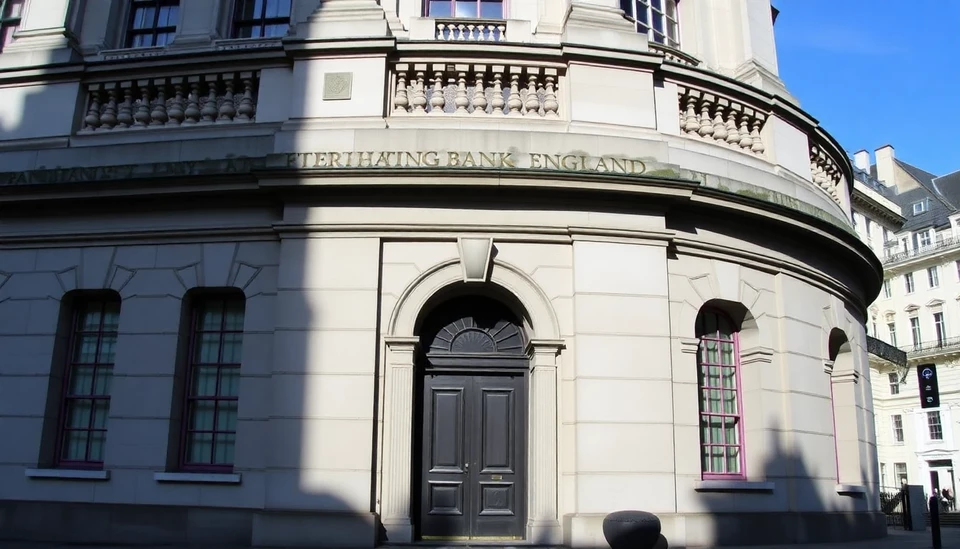
In an unexpected turn of events, a key decision by a distinctive member of the Bank of England’s monetary policy committee has surprised financial markets on March 20, 2025. This marks yet another instance where the avant-garde thinking of one particular rate setter has led to fluctuations in the economic landscape.
Traditionally seen as a stabilizing force, the Bank of England has been navigating through turbulent economic waters, contending with inflation rates and global market pressures that demand constant adjustment to monetary policy. However, the recent decision taken by the committee member exemplifies a willingness to break away from the mold, paving the way for a new dialogue surrounding economic strategies.
Market analysts were left reeling after the announcement, which came earlier than anticipated. With whispers of potential interest rate adjustments reverberating through financial sectors globally, the decision triggered a swift response in market indices. Many traders, who based their forecasts on the existing economic data, were caught off guard, leading to a notable shift in investments and trading strategies.
The Bank of England has been at the forefront of a delicate balancing act, increasingly confronted by challenges posed by rising prices. Experts had forecasted a more cautious approach in response to these economic indicators, yet the radical stance taken by the breakout committee member suggests a readiness to engage in more aggressive policy shifts. This has invoked both optimism and skepticism among economists about the future trajectory of interest rates and general economic health.
Responses from market stakeholders were swift, with some expressing concern about the implications of such surprising monetary maneuvers. Others, however, see the shake-up as an opportunity for fostering more significant economic growth. The divergence in interpretations underscores the complexity of the current economic environment and the myriad factors influencing monetary policies.
Notably, this dramatic decision reflects ongoing conversations among economists about the necessary tools required to address inflation effectively while nurturing growth. The persistent debates over the nature and timing of rate changes will likely continue to dominate discussions within the financial community moving forward.
As analysts assess the fallout from this game-changing decision, the focus is likely to remain on how the Bank of England will navigate the path ahead, particularly with evolving global economic landscapes and domestic pressures mounting. Stakeholders will be keenly watching for further communication from the committee, as insights gleaned could shape market sentiment in the immediate future.
While the Bank of England grapples with these substantial challenges, the potential long-term effects of this unique committee member's approach may lead to a rethinking of traditional economic protocols. The question remains as to how much influence this maverick rate setter will have on the institution's policies and the broader market dynamics as we plunge deeper into 2025.
Hashtags:
#BankOfEngland #MonetaryPolicy #InterestRates #FinancialMarkets #EconomicGrowth #Inflation #MarketResponse #EconNews #BreakingNews
Author: Laura Mitchell




